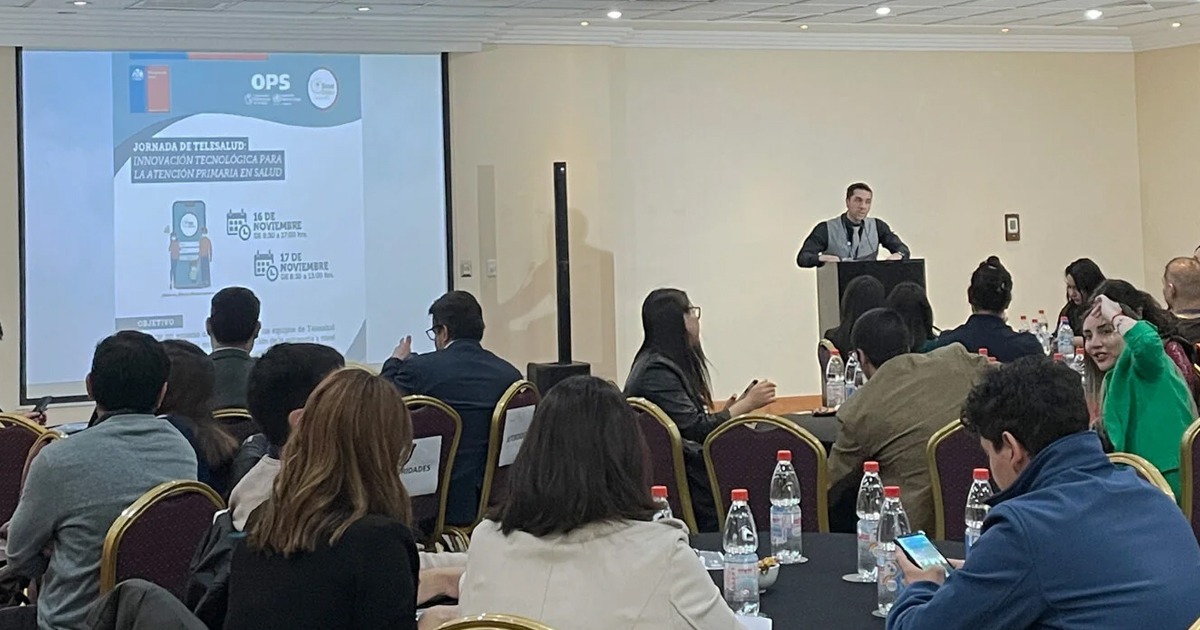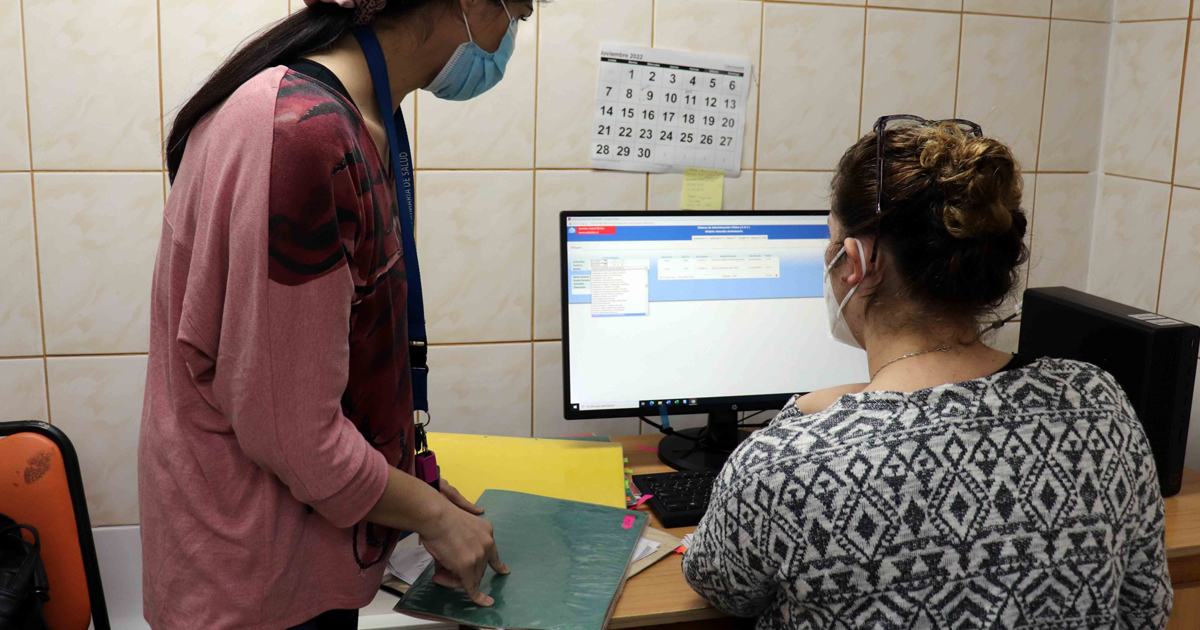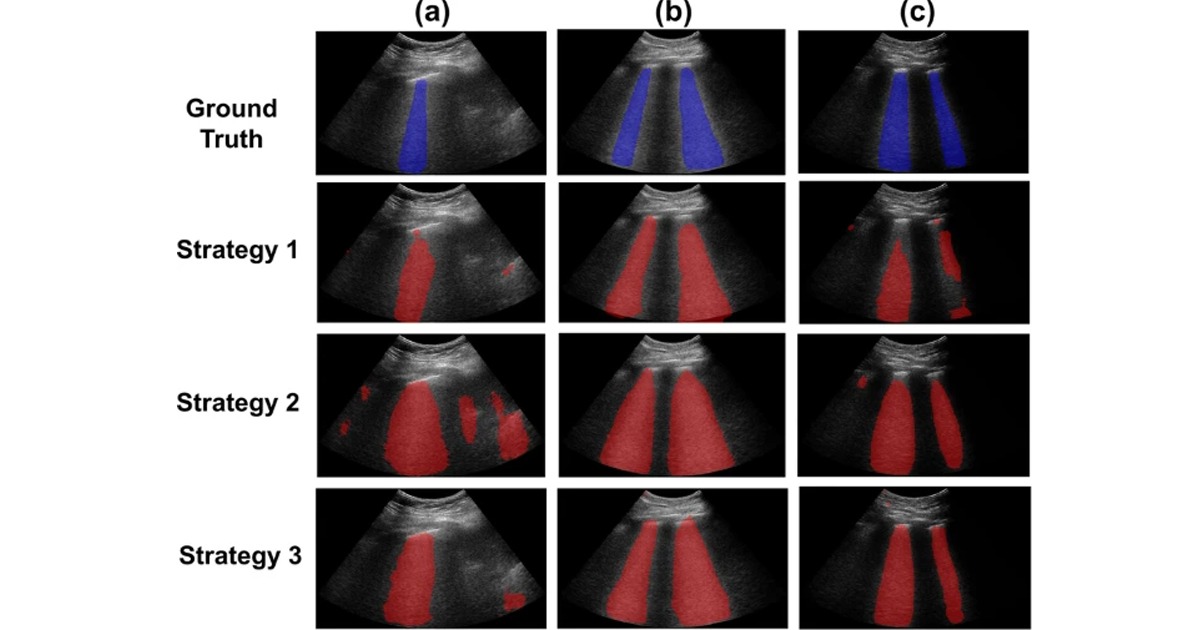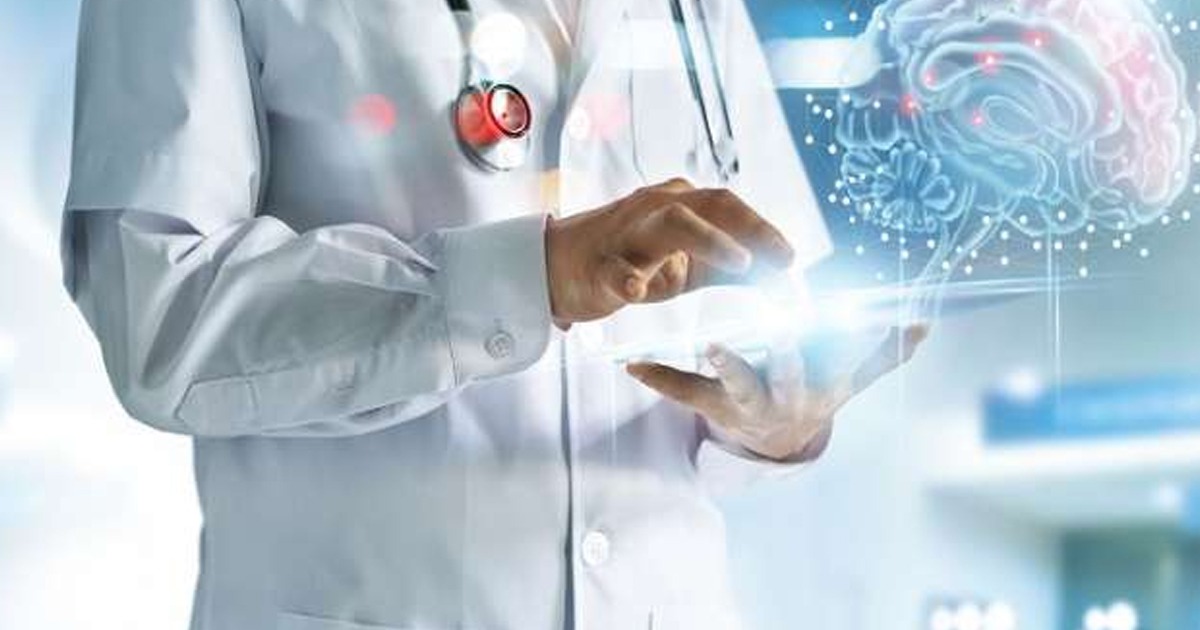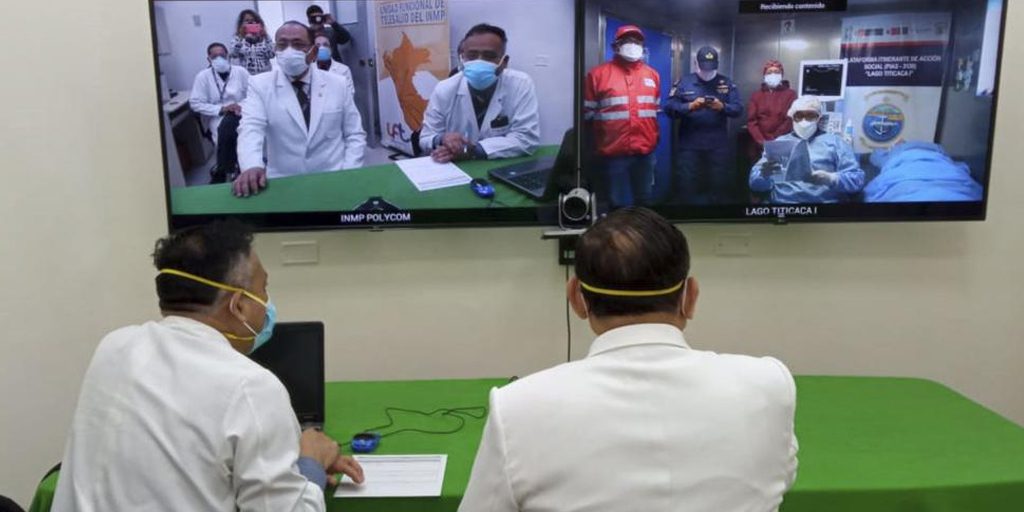Study using data from a symptom checker app, found higher frequency of patients positive to COVID-19 when symptoms were loss of smell and taste
Real-time tracking of self-reported symptoms to predict potential COVID-19, is the title this study conducted by 20 researchers from Nature. More than 2.6 million people participated in it, by reporting their COVID-19 symptoms through a mobile app.
The COVID Symptom Study app was developed by a technology company supported by Massachusetts General Hospital and King's College London. It was made available free of charge to users in the UK and the US at the end of March, and by mid-April it had more than 2.6 million users, which allowed the development of the mentioned study.
For the recording of symptoms users had to enter their location, age, risk factors, to subsequently update their symptoms on a daily basis and record if they were attended by a doctor and the result of their test.
This study yielded significant results, a total of 18,401 patients took a COVID-19 test. In terms of positive results, participants who reported loss of smell and taste recorded a higher proportion of positive results (4,668 out of 7,178).
That is why the mass adoption of such applications that have medical research purposes, are important for the development of new knowledge about this new disease.
Thousands of symptom verification applications and platforms have been created during the health emergency, either by public or private institutions. WHO, for its part, reported on a symptom monitoring application that will be provided to countries that do not have the resources to distribute and develop their own digital system.
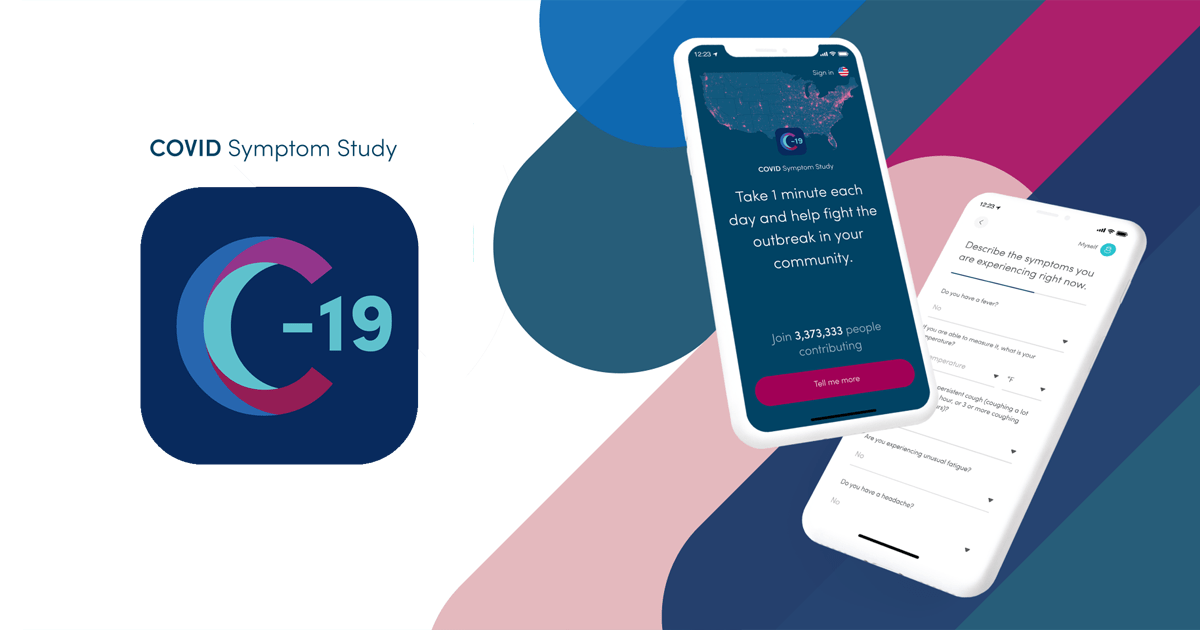
Thousands of symptom verification applications and platforms have been created during the health emergency, either by public or private institutions. WHO, for its part, reported on a symptom monitoring application that will be provided to countries that do not have the resources to distribute and develop their own digital system.

